應用材料公司周三表示,將停止其SunFab薄膜電池新生產線,把公司的重心集中在硅太陽能和LED照明上。
該公司的能源及環境解決方案業務重組將導致削減400至500個工作崗位,第三季度負責消除3.75億美元至4.25億美元。
應用材料公司已經把SunFab出售,SunFab是一種集成線路設備,用于制造非晶硅薄膜太陽能電池板,但近幾個月來,這條生產線都處于虧損狀況。應用材料公司首席執行官CEO Mike Splinter在一份聲明中表示,應用材料公司將通過出售用于制造晶體硅太陽能電池板和LED照明設備尋求增長。
該公司將停止SunFab銷售,但將繼續銷售薄膜制造設備的單件。該公司準備發展的另一項技術應用計劃是電致玻璃,也被稱為“智能玻璃”,它可以自動改變顏色或色調。
過去十年中,許多公司都開發了新的薄膜太陽能電池技術,但大多數公司都已因為難與如第一太陽能等大型硅太陽能電池板供應商匹敵而步履維艱。

Applied Materials said on Wednesday it will stop new sales of its "turnkey" SunFab thin-film solar manufacturing line and concentrate on silicon solar and LED lighting.
The restructuring of its Energy and Environmental Solutions business will lead to the elimination of 400 to 500 positions and a third-quarter charge between $375 million and $425 million.
Applied Materials had been selling SunFab, an integrated line of equipment to manufacture amorphous silicon thin-film solar panels, but the business has been losing money for months.
In a statement, Applied Materials CEO Mike Splinter said Applied Materials will seek growth by selling equipment for making crystalline silicon solar panels and LED lighting.
The company will stop sales of SunFab but will continue to sell individual pieces of equipment for thin-film manufacturing. Another technology Applied plans to pursue is electrochromatic glass, also called "smart glass," which can change tint or color automatically.
Many companies have developed new thin-film solar technologies in the past decade but most companies have had trouble bringing thin-film to market at large scale because of competition from silicon solar panel providers and incumbent thin-film providers, such as First Solar.
 微信客服
微信客服 微信公眾號
微信公眾號
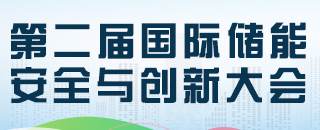
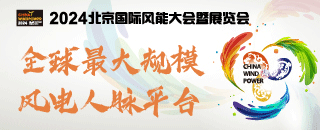

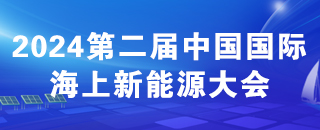
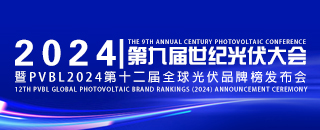
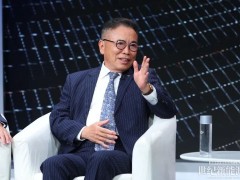
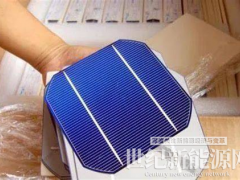
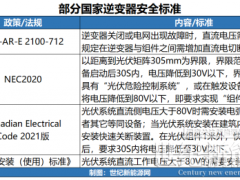

0 條